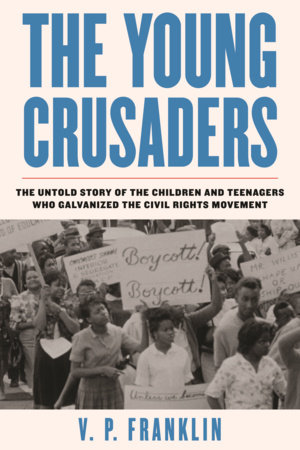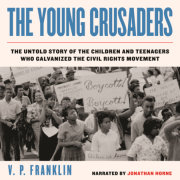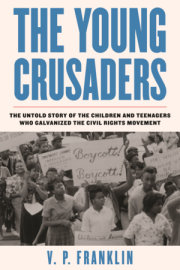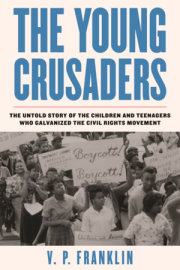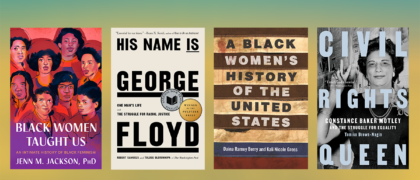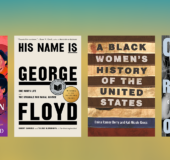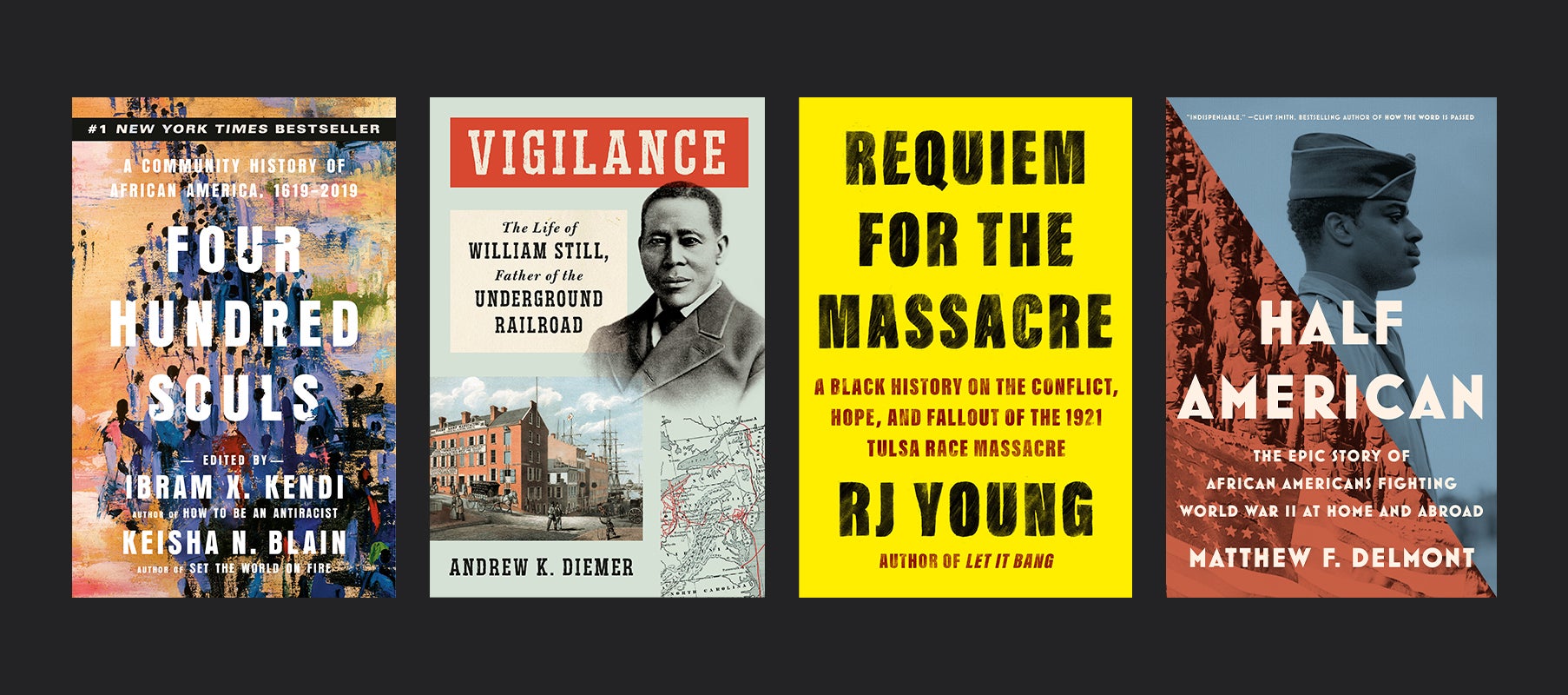INTRODUCTION
Children and Teenagers: Foot Soldiers for Democracy
PART I: Freedom on Their Minds
CHAPTER 1
Youth and Civil Rights Activism Before the Brown Decision
CHAPTER 2
Grace Under Pressure: Children, Teenagers, and School Desegregation
CHAPTER 3
High School Students and Nonviolent Direct-Action Protests
CHAPTER 4
The Birmingham Children’s Crusade and Southern Student Activism
PART II: The Quality Integrated Education Movement
CHAPTER 5
Freedom Day Boycotts: Chicago, Boston, and New York City
CHAPTER 6
Every Child a Freedom Soldier: Cleveland, Milwaukee, and Mississippi
PART III: From Civil Rights to Black Power
CHAPTER 7
Police Brutality, Black Self-Defense, and Student Activism
CHAPTER 8
Civil Rights, Black Power, and Increasing Youth Militancy
EPILOGUE
“Keep Stirring Up ‘Good Trouble’”
Acknowledgments
Image Credits
Notes
Index

